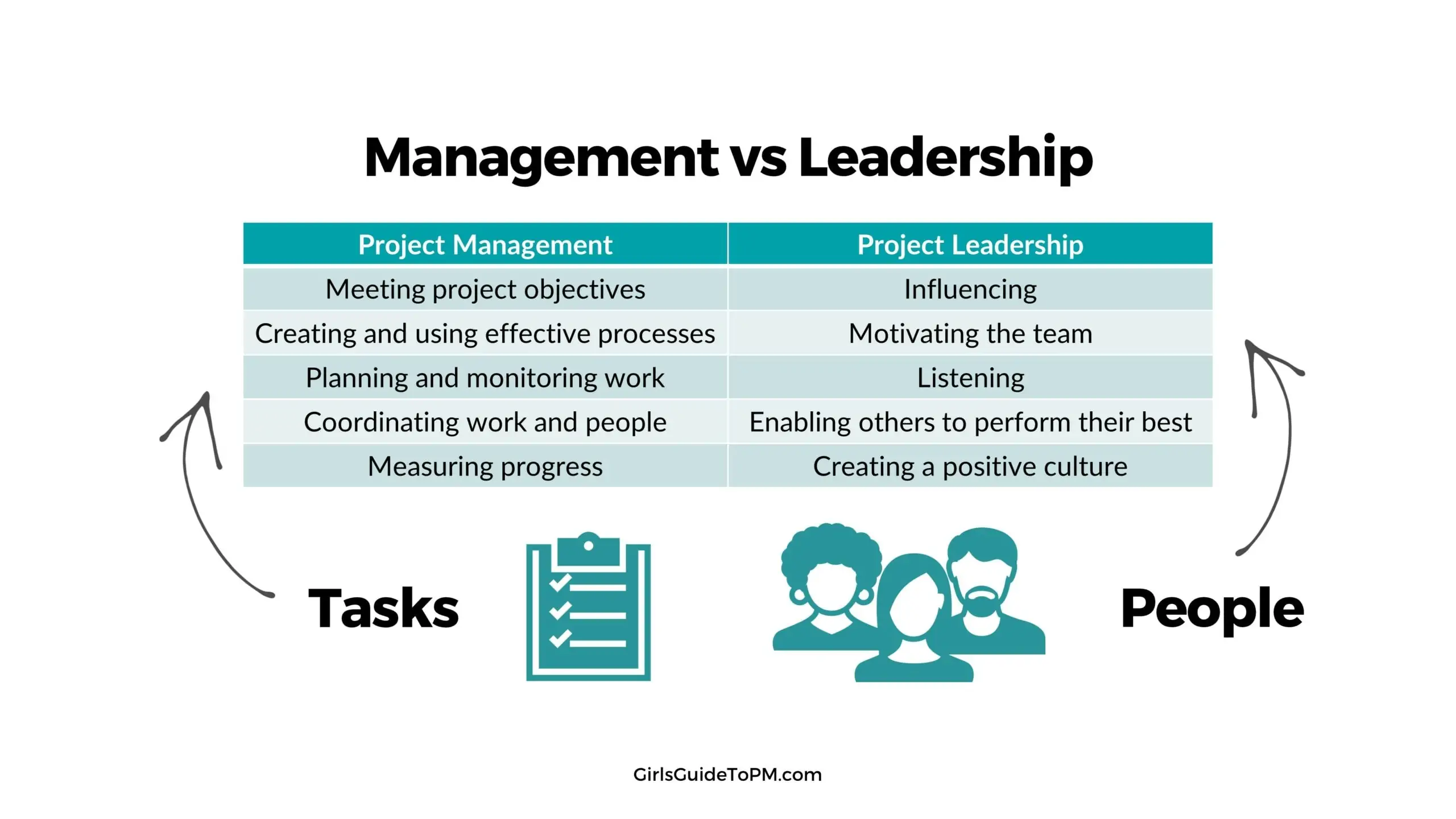3 Ways to Practice Your Leadership Skills
This blog is reader-supported. When you purchase something through an affiliate link on this site, I may earn some coffee money. Thanks! Learn more.
True leadership is not something you do when it suits you. In fact, true leadership emerges when it is least convenient, in tough times, under extremes of pressure.
These are the situations that separate out the good project managers from the poor, and the true project leaders from the ‘merely competent’ project managers.
Here are three things we can all practice, day-to-day, to hone our leadership skills:
1. Listening
This is the master skill of a great communicator and we could all do it a whole lot better than we do, by tuning out our tendency to rush to judgement, and instead, paying attention to what we are hearing.
2. Decision making
Decision time is a splendid opportunity to practice excellent leadership. Will you make the decision yourself and, if you do, how will you communicate it? Or will you involve team members and, if so, to what extent? Decision-making on a project is an act of leadership.
3. Step away from the project
Whilst a familiar phrase of mine to anyone who has attended my project management seminars or workshops is “there’s no such thing as an absentee project manager: it’s a contradiction in terms,” this does not mean you need to be present at all times.
Make time to step away for an hour or so, at least once a week.
This can give others a chance to lead but for me, the prime reason is to clear your head and think about what is around the next bend. If you are not taking the lead and doing this, then nobody else will.
People like to be led and, in the absence of good leadership, they will often just follow the first fool to make a move, just to avoid having to make their own decisions. So, if you are prepared to lead, not only is that commendable, but you will usually be pushing at an open door.
But this does not mean that good leadership is easy. There is so much for a project manager to keep in balance that it sometimes seems as if you will have little or no spare time to lead: but lead you must.
My book, Brilliant Project Leader, identifies the four essentials of team leadership. They are each simple to address: focus on individuals, build and share a clear plan, foster a true sense of team spirit, and communicate relentlessly – and well. Invest time in getting each of these right, and the rest will start to follow.
Each is simple, but simple is not easy. You will need to work at it every day.
But, if you do, the rewards will be massive.
You’ll get the team you deserve and you will deserve the team that you want. This will be a team that works hard for you, for your project and for themselves, to achieve the most astonishing results.

There are a lot of models of what leadership is and how to develop it: situational leadership models that enjoin us to tailor our approach to the context and the person in front of us, role-based models that suggest we should fulfill the functions most needed of us, and traits models that argue we need to cultivate the personality and character traits that our followers most value. There is a lot to learn from all of these.
But since starting Brilliant Project Leader, I have been reflecting on all of these and how to merge them all, productively.
The book that followed it is Smart to Wise – about how to develop wisdom so that you can take your career and your life to the next stage. And one thing stands out for me when I think about leadership and wisdom. I am going to suggest that the key to both is mindfulness.
There may be instinctual leaders out there who don’t need to think. There may be gifted sages capable of wise insights by virtue of deep instinct. But for most of us, getting leadership right is challenging and you must remain mindful of that challenge at all times. A careless word, a hasty decision or a superficial assessment of one of your team’s deliverables can set your project and your relationships back a day, a week or a month in the blink of an eye.
Be constantly mindful of your responsibilities and of what you are there to do, as project leader. Use your knowledge and experience to help you to think through how to lead, and above all, be there for the people who are looking to you for that leadership.
This article first appeared on the blog in 2013.

